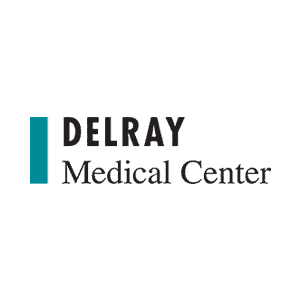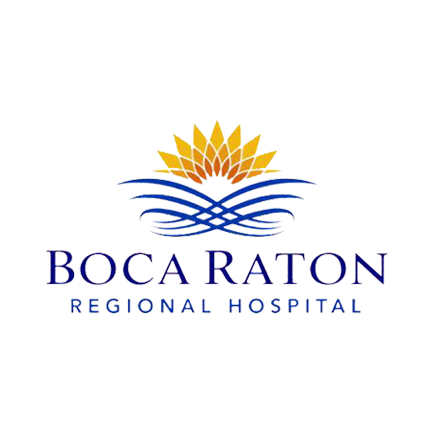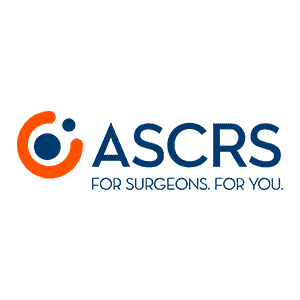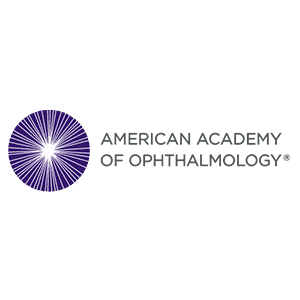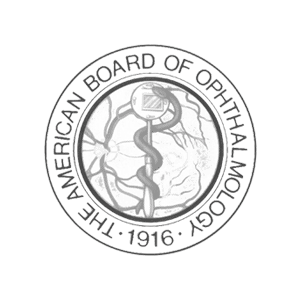Twenty Questions Interview with Dr. Richard Cohen
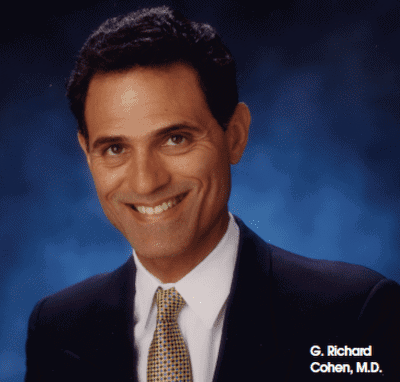
Name and Title: G. Richard Cohen, M.D., Medical Director, Board Certified Ophthalmologist, Cornea and LASIK Specialist.
Quote from Transactions of the American Ophthalmologic Society: “Photorefractive keratectomy can be safely performed in children with anisometropic amblyopia.”
Background: Dr. Cohen continues to focus on reaching out to families as more and more proof confirms that photorefractive treatment of children with amblyopia is far more cost effective and simply delivered than traditional treatment. Of this breakthrough Dr. Cohen explains, “In terms of quality of life impact, this early intervention and what it means to a child’s learning potential – it’s immeasurable.”
Dr. Cohen has practiced in Palm Beach County since 1985 and is a diplomate of the American Board of Ophthalmology. He specializes in diseases and surgery of the Cornea and in Laser Vision Correction. Dr. Cohen’s expertise as a fellowship-trained cornea specialist distinguishes him as an expert in this field. Dr. Cohen believes so strongly in the effectiveness of refractive surgery, that he had the procedure himself and performed LASIK on both of his sons.
Residence: Boca Raton, Florida, with his wife Alisa.
- What was your first job? I taught tennis at the YMCA in Newport News, VA.
- How did you get into this business? While attending medical school, I wanted to become a cardiologist. Realizing there was no cure for heart disease at that time, I became involved in ophthalmology as an elective. I realized then that as a surgeon, I could treat patients providing a cure to restore vision. That was a powerful draw I could not resist.
- If you could have one thing for free for the rest of your life what would it be? More free time, especially to spend with my family. That’s priceless, though, isn’t it?
- Whom would you most like to take to lunch? Thomas Jefferson.
- In school, what were your favorite subjects? Biology and math.
- What are your pet peeves? Lazy people and procrastinators.
- Where would someone likely find you on a Saturday afternoon? At home with Alisa, my wife, watching movies. Or, at the beach if it’s sunny.
- How do you unwind after a stressful day at work? I work out.
- What talent are you especially grateful to have? Tennis.
- What accomplishment are you most proud of? My two sons, Joshua and Zachary.
- What’s the most challenging aspect of your work? Explaining how safe laser vision correction really is. The new technology makes all the difference. Whenever I am planning my technology budget, I buy instruments that I know I will use on my own family. There’s no danger of blindness, no pain and patients see great the next day. Patients usually say, “I’m sorry I waited so long!” What I’m really excited about is the promise it holds for our children—for the ones who struggle with ‘lazy eye’ this technology provides a 70% success rate compared to the 30% rate of traditional treatment. This was not possible two years ago.
- What’s the one thing you can’t live without at work? The use of my hands.
- What words would people use to describe you? “Nice— hardworking, intelligent, kind, great surgeon, family man.”
- What is your motto? “Treat each patient as if he or she is your only patient.”
- If you could wake up tomorrow with new abilities or qualities, what would they be? I would love to play the piano, speak Spanish and communicate better.
- What is your formula for success? Persistence and hard work, a great wife and balance. Not an earth shattering breakthrough formula, is it? I never thought I would have my own business. And now we serve people from all over the world. We keep a world atlas showing where our patients have traveled from to have their vision restored. I feel very fortunate to be able to help people in such a way—it’s a huge quality of life impact for them.
- Who is your role model and why? That’s a hard question to answer. I believe in what Thomas Edison said: “Genius is 99% perspiration and 1% inspiration. Accordingly, a ‘genius’ is merely a talented person who has done all of his or her homework.”I truly admired Arthur Ashe for his demeanor. He was much more than an outstanding athlete. He championed human rights. As an activist, he fought apartheid. He was a humble man—a class act. Not boastful like some of our athletes today who celebrate a touchdown as if they are the greatest person on earth. That’s not to say we don’t have class acts today, too. Roger Federer, Tiger Woods and Pete Sampras come to mind.
- What would you recommend to aspiring doctors, to help them choose a field or specialty? I would recommend that they spend time with a role model to observe what typical days are like for them in their chosen field. Like me, they might find that these observations branch to opportunities they had not yet considered.
- What part of the job do you take home? Charts, journals and bills to pay.
- What’s the last thing you do before leaving the office? I call my wife, Alisa.


